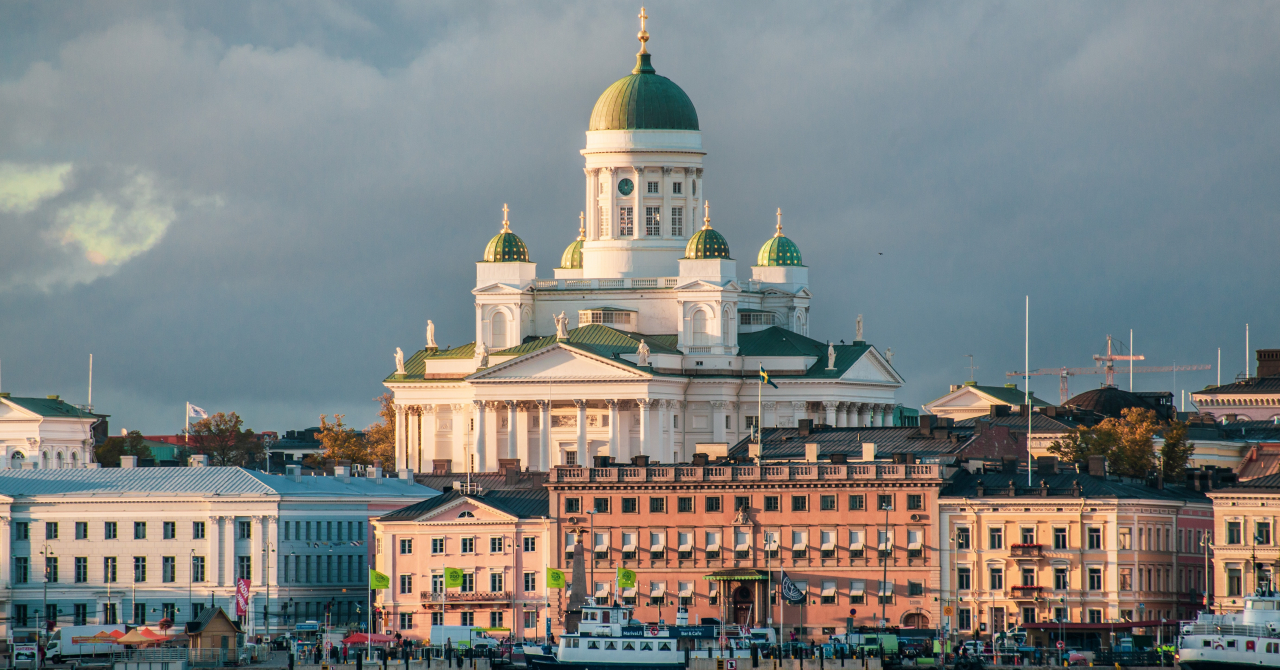According to Euronews.green, Finland aims to become carbon neutral by 2035, which would place the country well ahead of Europe's 2050 carbon neutrality plan.
South Sudan is another country that has a high chance of being emission neutral by 2030, but as a developing country, it relies heavily on international financing to achieve this.
The new "medium-term" climate plan was approved by Finnish authorities on June 2nd and it is being based on the research made by experts at the Finnish Climate Change Panel.
In order to maintain the global warming rate at 1.5 degrees Celsius, scientists stated in 2018 that the world can only afford to release 420 more gigatons of carbon dioxide in the atmosphere.
Experts said that countries belonging to the EU must reach carbon neutrality by the early 2030s to fall within the Paris Agreement.
Sweden, neighboring country of Finland, has a target neutrality target of 2040 since it has nearly two times as many people, but also a larger carbon sinks (forests, swamps and other natural environments that have the ability to capture carbon).
Finland must protect its forests to have the best change of achieving carbon neutrality and to become a "carbon sponge for the world". Research showed that last year, the country became a carbon emitter instead of a storer for the first time, due to heavy deforestation.
Emma Kari, Minister of the Environment and Climate Change, said that "the government must find ways to reverse the trend when finalizing this plan."
"The good news is that last year emissions decreased in the effort-sharing sector", Kari mentions, referring to the transport, agriculture building and waste sectors.
The Finnish government aims to halve the emissions coming from these sectors by 2030 in order to achieve its climate goals.
"Building a fossil-free welfare state is now more urgent than ever – from the perspective of both climate and security policy", says the minister of the environment.
Emma Kari stated that with Russia's invasion of Ukraine, Finland is now focused more than ever in transitioning to renewable energy sources, such as wind power, and improving on the energy efficiency.
In the pursuit of energy security, country officials also relaxed some of the measures for energy companies, such as the proportion of renewable fuels in the energy mix.
"The plan contains various kinds of financial support to both households and local governments so that the process to phase out fossil fuels will be as just as possible", Kari explained.
Finland plans to become carbon neutral in about 13 years from now on without resorting to international carbon offsets, which implies that one country pays another one to reduce emissions on its behalf.
 Mihai - Cristian Ioniță
Mihai - Cristian Ioniță












Any thoughts?